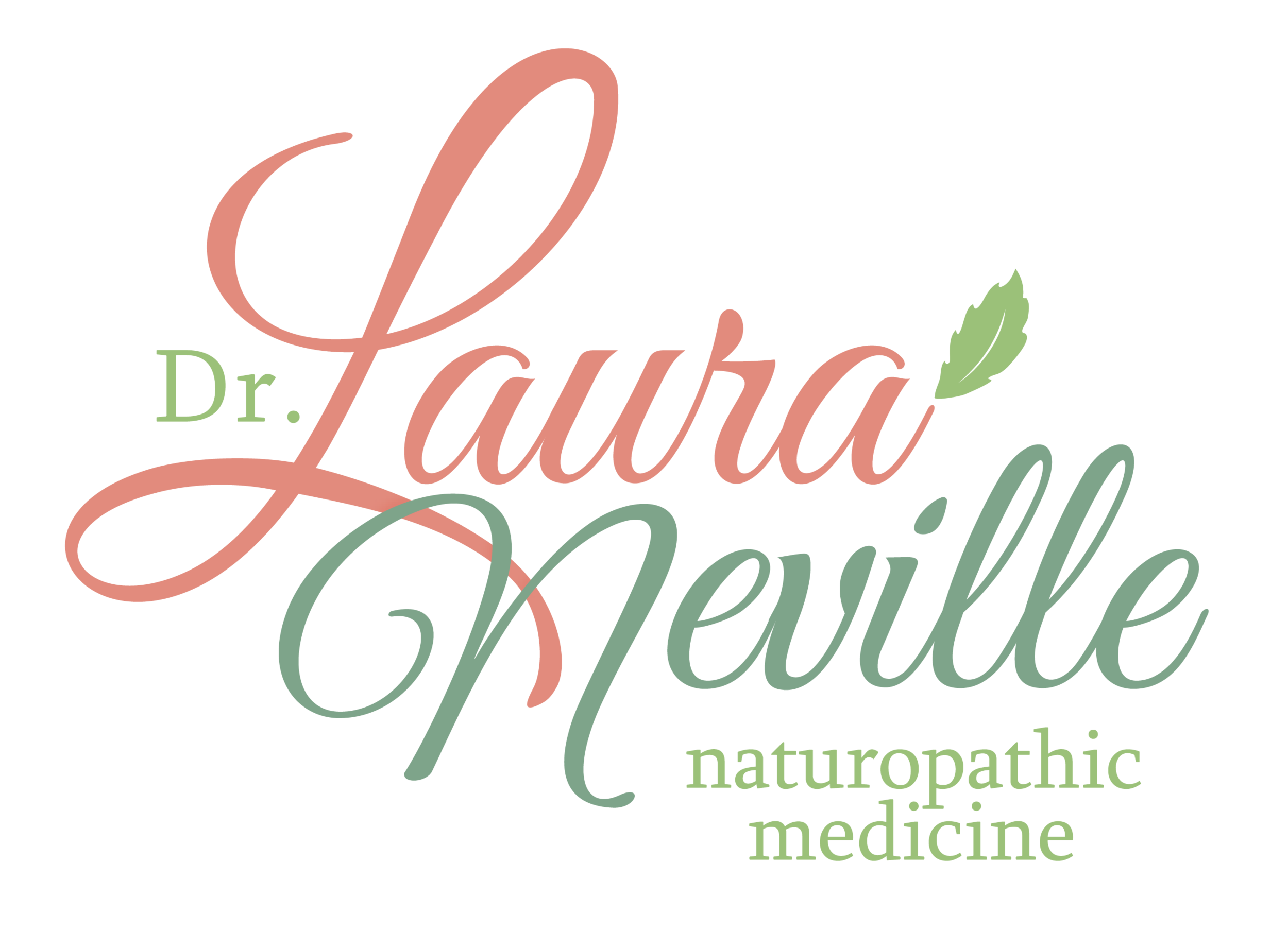Circadian Rhythm
The Backward Approach
Many people go to great lengths to create a pre-bedtime routine in order to sleep well. A nice bath, some lavender oil, herbal tea, deep breathing, a sleep mask, reading - all good stuff.
But did you know that what you do upon waking may have an even bigger impact on your sleep than what you do prior to bedtime?
The light/dark cycle of the sun has a powerful effect on the circadian clock, which commands sleep and alertness, among many other aspects of physiology. Your body’s circadian clock responds to light as a signal to be awake, and dark as a signal to fall asleep.
Research as shown that the most powerful thing you can do to get a good night’s sleep is to get bright light into your eyes within 60 mins of waking. This sets the circadian rhythm to begin increasing melatonin approximately 14 hours later, in preparation for sleep.
Sunlight is best, but those that wake before the sun or those that live in a northern latitude can mimic sunlight using a full-spectrum light-box such as this:
Light and Dark
The circadian clock is most sensitive to light:
about 1 hour after usual wake-up time in the morning - so get in that bright light first thing. Also be sure to get in plenty of light during the day. If you get sleepy too early in the evening, go into a well-lit area to feel more awake.
about 2 hours before your usual bedtime - so this is the perfect time to dim all those household lights. This especially helps those that have trouble falling asleep.
through the night - so keep your bedroom very dark. If you wake in the night, avoid bright lights.
The Color of the Light Affects the Circadian Rhythms
Blue light has the strongest impact on circadian rhythms. Exposure to blue light (and white light, which contains blue light) during the sensitive period can make it difficult for you to fall asleep and stay asleep.
Exposure to white light during the day can have positive effects, including boosting alertness and mood.
Red light has no effect on the circadian clock, so you can use a dim red light at night.
Yellow and orange light have little effect on the clock so you can use a very dim yellow or orange light at night.
Night night. Don’t let the bed bugs bite,
💕
Dr. Laura Neville
